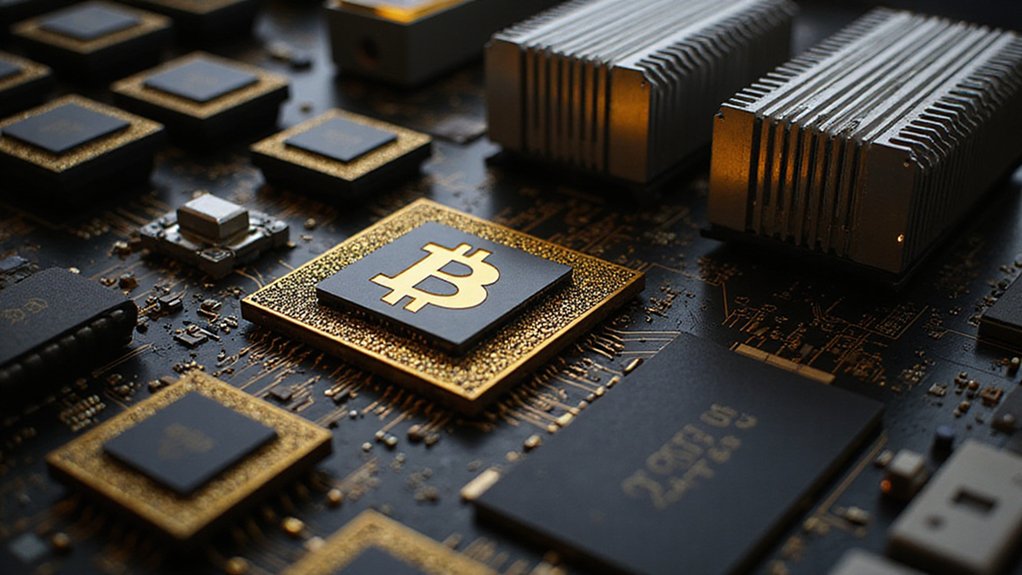While most nations debate the merits of central bank digital currencies with the enthusiasm of accountants reviewing quarterly reports, Brazil has decided to leap directly into the deep end of cryptocurrency adoption by proposing to allocate up to 5% of its international reserves—a staggering $15 billion—to Bitcoin.
Bill 4501/2024 would establish the Sovereign Strategic Bitcoin Reserve (RESBit), jointly managed by Brazil’s Central Bank and Finance Ministry, with holdings secured in cold wallets and criminal penalties for mismanagement. The proposal reflects a fascinating dichotomy: a nation simultaneously embracing cutting-edge financial technology while instituting old-fashioned punishment for bureaucratic incompetence.
Brazil’s Bitcoin gambit: embracing digital-age finance while threatening analog-era punishment for those who fumble the revolutionary experiment.
Federal Deputy Eros Biondini’s bill aims to shield Brazil’s foreign reserves from currency volatility and geopolitical risks—ironically by investing in an asset that can swing 20% in a single trading session. Proponents, including the Vice President’s chief of staff who dubbed Bitcoin “digital gold,” view this as foundational wealth-building for the twenty-first century.
The diversification strategy comes as Bitcoin prices soared above $123,000 in mid-2025, driven by institutional adoption from ETFs to pension funds. The economic implications are substantial. With Brazil’s reserves hovering between $300-341 billion, this allocation would represent one of history’s largest sovereign cryptocurrency purchases.
The move could reshape Brazil’s position in global financial markets while potentially catalyzing domestic fintech innovation and blockchain development. Yet institutional resistance persists. Central Bank monetary policy director Nilton David has voiced opposition, citing cryptocurrency’s inherent risks and questioning its appropriateness for official reserves—a position that seems quaint given the proposal’s momentum.
The August 20, 2025 public hearing will feature multiple stakeholders, from central bankers to crypto advocacy groups, creating what promises to be a spirited debate between traditionalists clutching their IMF guidelines and digital evangelists preaching Bitcoin salvation.
Should Brazil proceed, it would join a select group of nations treating cryptocurrency as legitimate sovereign wealth storage. Whether this represents visionary financial strategy or elaborate national speculation depends largely on one’s tolerance for volatility—and faith in decentralized monetary systems challenging centuries-old central banking orthodoxy. Bitcoin’s recent trajectory from libertarian experiment to mainstream acceptance mirrors its historic climb to its all-time high of $109,026 in November 2024, demonstrating the asset’s transformation into what many consider a legitimate financial instrument worthy of sovereign consideration.




